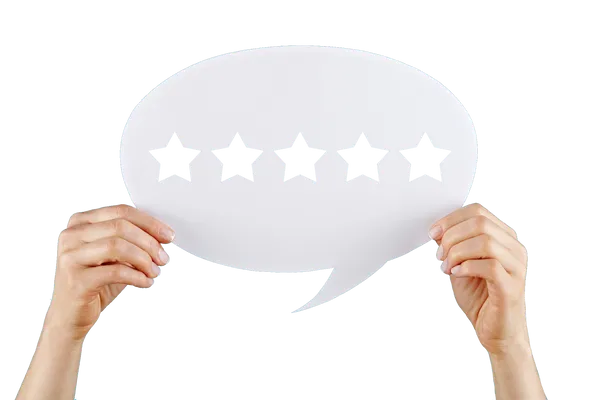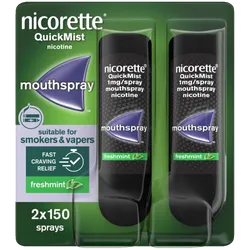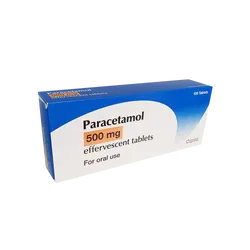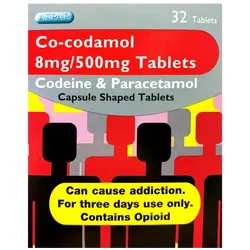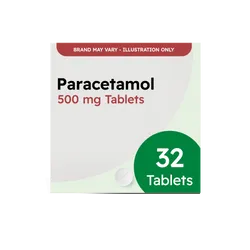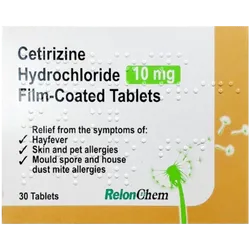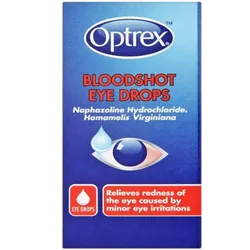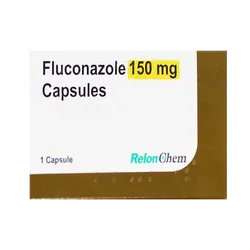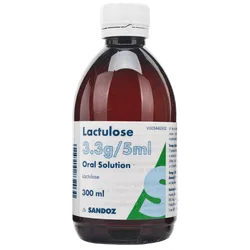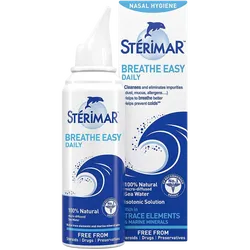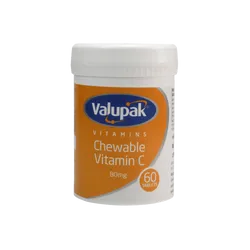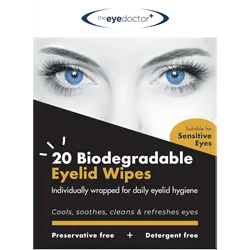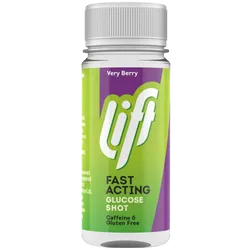Do not use Nicorette Inhalator:
- if you have an allergy to nicotine or any of the other ingredients.
- if you are a child under 12 years of age.
Talk to your doctor, nurse or pharmacist:
- if you are pregnant or breast-feeding – you may be able to use nicotine replacement therapy (NRT) to help you give up smoking but you should try to give up without it.
- if you are in hospital because of heart disease (including heart attack, disorders of heart rate or rhythm, or stroke).
In other heart conditions not requiring you to be in hospital, using NRT is better than continuing to smoke.
- if you have a stomach ulcer, duodenal ulcer, inflammation of the stomach or inflammation of the oesophagus (passage between the mouth and stomach).
- if you have liver or kidney disease.
- if you have a long term throat disease or difficulty breathing due to bronchitis, emphysema or asthma. Nicorette inhalator may not be suitable for you to use and you may be advised to use a different type of NRT.
- if you have an overactive thyroid gland or have a phaeochromocytoma (a tumour of the adrenal gland that can affect blood pressure) – your doctor will have told you this.
- if you have diabetes – monitor your blood sugar levels more often when starting to use nicorette inhalator as you may find your insulin or medication requirements alter.
- if you are taking any other medicines such as theophylline, clozapine or ropinirole. Stopping smoking or cutting down may require the dose of these medicines to be adjusted.
If any of these applies, talk to your doctor, nurse or pharmacist.
This product contains small cartridges which could be a choking hazard if a child attempts to swallow one. Keep any unused cartridges in the pack out the reach and sight of children.
If you are pregnant:
- Firstly, you should try to give up smoking without NRT. Stopping completely is by far the best option. The earlier and quicker you do this the better it is for you and your baby.
- Secondly, if you can’t manage this, you can use NRT as a safer alternative to smoking as the risks to your baby are far less than smoking, however you should talk to your doctor, nurse or pharmacist for advice.
Products that are used intermittently, including nicorette inhalator may be preferable to nicotine patches. However, patches may be more suitable if you have nausea or sickness. If you do use patches take them off before going to bed at night.
If you are breast-feeding:
- Firstly, you should try to give up smoking without NRT.
- Secondly, if you can’t manage this you are best to use NRT products that are taken intermittently (not patches), however you should talk to your doctor, nurse or pharmacist for advice. Breast-feed just before you use nicorette inhalator to ensure that the baby gets the smallest amount of nicotine possible.
If you do need to use NRT to help you quit, the amount of nicotine that the baby may receive is considerably smaller and less harmful than the second-hand smoke they would inhale if you smoked. Tobacco smoke produces breathing and other problems in babies and children.
If you have used more than the recommended number of cartridges, you may experience nausea (feeling sick), salivation, pain in your abdomen, diarrhoea, sweating, headache, dizziness, hearing disturbance or weakness.
If you do get any of these effects contact a doctor or your nearest hospital Accident and Emergency department immediately. Take the leaflet and the pack with you.
Contact a doctor or your nearest hospital Accident and Emergency department immediately if a child under 12 years uses your inhalator, or chews, sucks or swallows a cartridge. Again, take the leaflet and the pack with you.
Nicotine inhalation or ingestion by a child may result in severe poisoning.
Possible side-effects
Like all medicines, nicorette inhalator can have side-effects. As many of the effects are due to nicotine, they can also occur when nicotine is obtained by smoking.
Effects related to stopping smoking (nicotine withdrawal)
You may experience unwanted effects because by stopping smoking you have reduced the amount of nicotine you are taking. You may also experience these effects if you under use nicorette inhalator cartridges before you are ready to reduce your nicotine intake.
These effects include:
- irritability or aggression,
- feeling low,
- anxiety,
- restlessness,
- poor concentration,
- increased appetite or weight gain,
- urges to smoke (craving),
- night time awakening or sleep disturbance
- lowering of heart rate.
It is possible to inhale too much nicotine if you use the inhalator in very warm surroundings. You may also get these effects if you are not used to inhaling tobacco smoke.
These effects include:
- feeling faint
- feeling sick (nausea)
- headache
Side-effects for Nicorette Inhalator
Very common side-effects:
(more than 1 in every 10 people are affected)
- headache
- cough
- irritation of the mouth or throat
Common side-effects:
(less than 1 in every 10 people are affected)
- dizziness
- nasal congestion
- stomach discomfort
- hiccups
- feeling sick (nausea)
- sickness (vomiting)
Uncommon side-effects:
(less than 1 in every 100 people are affected)
- chest palpitations
Very rare side-effects:
(less than 1 in 10,000 people are affected)
- abnormal beating of the heart
If you notice these or any other unwanted effects not listed in this leaflet tell your doctor, nurse or pharmacist.
When you stop smoking you may also develop mouth ulcers. The reason why this happens is unknown.
Clean the empty mouthpiece several times a week by rinsing it in water.
Keep nicorette inhalator out of the reach and sight of children and animals. Nicotine in high doses can be very dangerous and sometimes fatal if taken by small children.
Do not store above 30°C.
Do not use nicorette inhalator after the ’Use before’ date shown on the carton.
Dispose of your used inhalator cartridges safely.
When a cartridge is used up, it is very important that you dispose of the empty cartridge carefully as it still contains some nicotine fixed to the plug. This nicotine is not available for inhalation but could be harmful to children or pets if swallowed or sucked.
You can return the empty cartridge to the foil tray then dispose of all the empty cartridges with your household rubbish.
